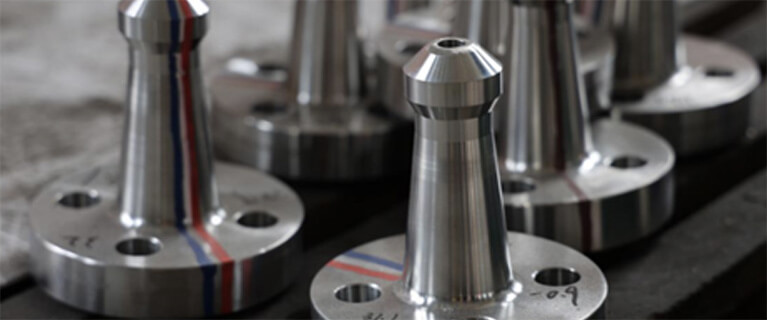Nimonic is a family of high-performance nickel-based superalloys. These alloys are known for their excellent strength, high-temperature resistance, and corrosion resistance. Developed by British company Henry Wiggin & Company (now Special Metals Corporation), the term "Nimonic" is derived from a combination of the words "nickel" and "inconel" (another family of superalloys).
1. High-Temperature Strength: Nimonic alloys exhibit exceptional strength and creep resistance at elevated temperatures. They can withstand extreme heat environments, making them suitable for applications in gas turbines, jet engines, and other aerospace components.
2. Oxidation Resistance: Nimonic alloys have excellent resistance to oxidation, ensuring performance and structural integrity at high temperatures in oxidizing environments. This property makes them valuable in aircraft exhaust systems, power generation equipment, and furnace components.
3. Corrosion Resistance: Nimonic alloys possess good resistance to corrosion, both at high temperatures and in aggressive chemical environments. This makes them suitable for applications in marine environments, chemical processing plants, and petrochemical industries.
4. Fatigue Resistance: Nimonic alloys have superior fatigue strength, allowing them to withstand cyclic loading and stress over extended periods. This property is critical in components subjected to repetitive stress or vibration, such as turbine blades and springs.
5. Weldability: Nimonic alloys are generally weldable, enabling their use in fabricated components and assemblies. Proper welding techniques and processes should be employed to maintain the mechanical and corrosion properties of the alloy.
1. Aerospace and Gas Turbine Applications: Nimonic alloys find extensive use in gas turbine engines, including turbine blades, combustion chambers, and afterburner components. Their high-temperature resistance and mechanical strength make them well-suited for these demanding aerospace applications.
2. Heat Treatment: Nimonic alloys can undergo various heat treatment processes to optimize their properties, including solution treatment, precipitation hardening, and annealing. These treatments can enhance the alloy's strength, ductility, and overall performance.
3. Chemical Processing: Nimonic alloys are employed in chemical processing equipment, such as reactors, heat exchangers, and valves, where resistance to high-temperature corrosion and oxidation is crucial.
4. Automotive and Industrial Applications: Some Nimonic alloys are used in automotive applications, particularly in exhaust systems and turbochargers, where their high-temperature strength and corrosion resistance are beneficial. It's important to note that Nimonic alloys exist in several variants, such as Nimonic 75, Nimonic 80A, Nimonic 90, and others, each with its specific composition and properties. These alloys are highly specialized materials designed for demanding environments that require exceptional high-temperature strength and corrosion resistance.
